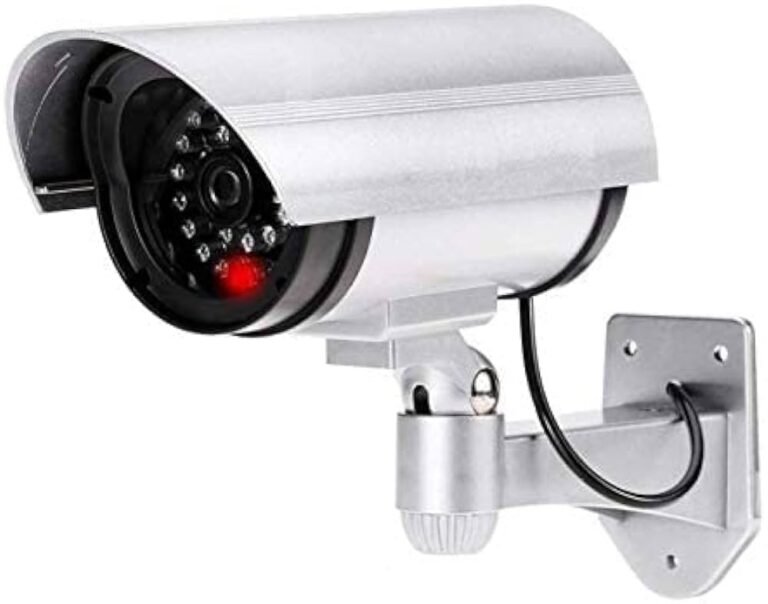10 Steps to Check If Your CCTV Camera Is Working

To check if your CCTV camera is working, first inspect the camera for any physical damage or signs of tampering. Next, verify the power supply and make sure all connections are secure. Clean and adjust the camera lens for clear…